Home > Climate News >
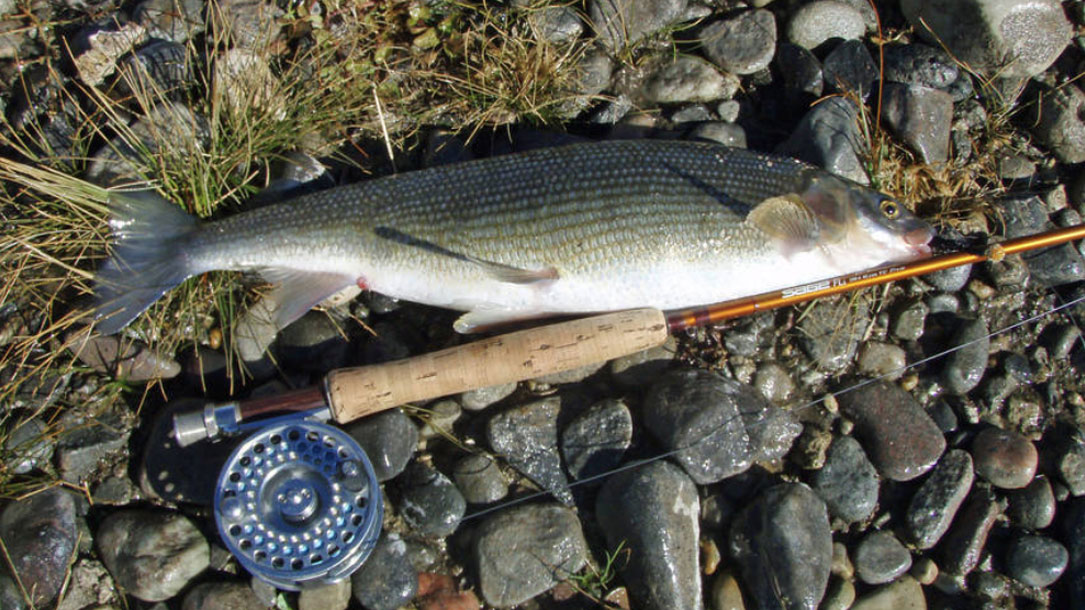
Fish Deaths in Montana’s Yellowstone River Tied to Warming Waters
“An outbreak of fish-killing disease along a 100-mile stretch of the Yellowstone River in Montana may be the latest sign that mountain stream ecosystems are being disrupted by climate change. Scientists point to warmer, slower rivers as a likely cause of the mass fish mortality.
Since Aug. 12, the Montana Department of Fish, Wildlife and Parks has counted 4,000 dead mountain whitefish, along with smaller numbers of rainbow trout, Yellowstone cutthroat, longnose suckers, sculpin and longnose dace. The agency estimate that tens of thousands of fish may be dead and they closed the segment to recreation to reduce impacts to fish. This is happening along a river that’s an economic mainstay for nearby communities and thought of as a relatively healthy, undammed river…”
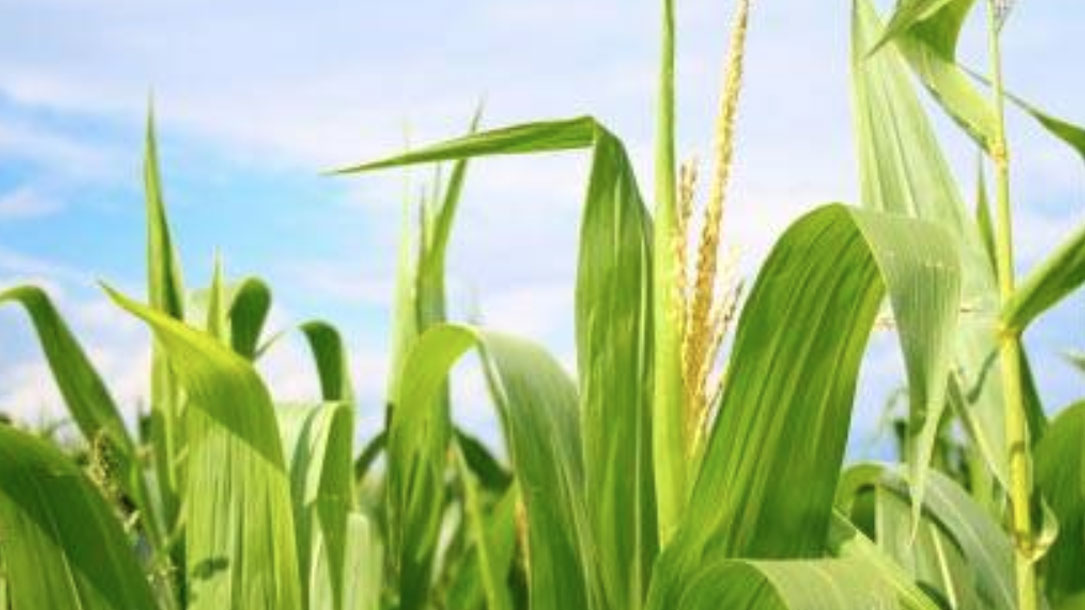
Corn’s Troubled Future Under Climate Change
“There’s something horribly ironic about the recent report from Environment America that suggests American corn yields will decline 3 percent in coming years due to anthropogenic global warming.
The report itself is bad news.
It suggests that contrary to much-ballyhooed studies and predictions that American crop yields will increase due to a longer growing season and the carbon fertilization effect, which increases crop growth due to greater atmospheric carbon for plants to feed on, American corn farmers in coming years will lose over a billion dollars in revenue annually as irregular precipitation and overly-warm temperatures stunt crop growth…”
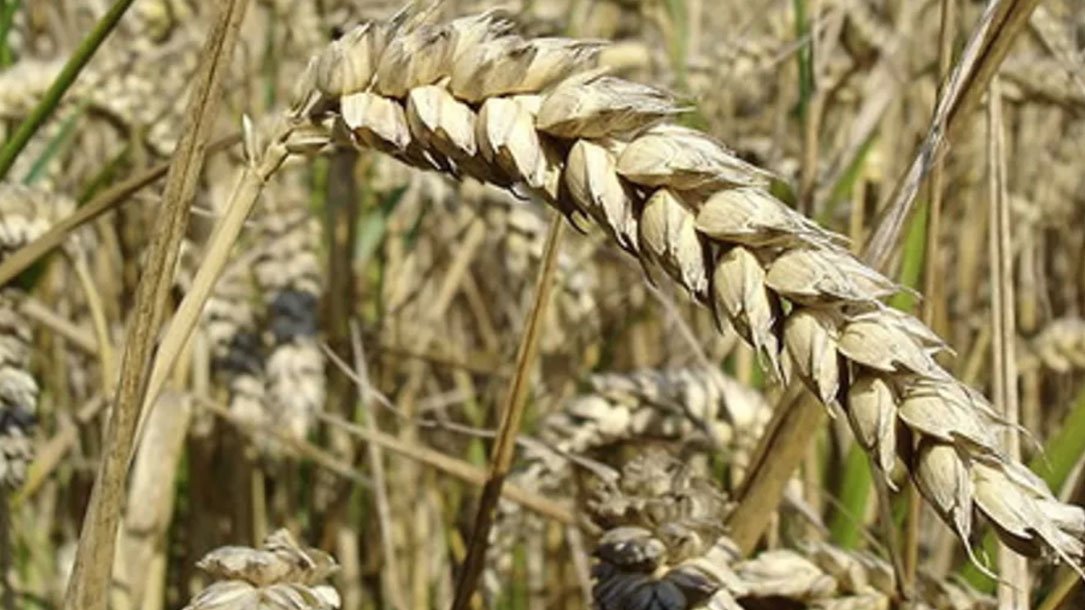
Crop pests and pathogens move polewards in a warming world
“Global food security is threatened by the emergence and spread of crop pests and pathogens. Spread is facilitated primarily by human transportation, but there is increasing concern that climate change allows establishment in hitherto unsuitable regions. However, interactions between climate change, crops and pests are complex, and the extent to which crop pests and pathogens have altered their latitudinal ranges in response to global warming is largely unknown…”
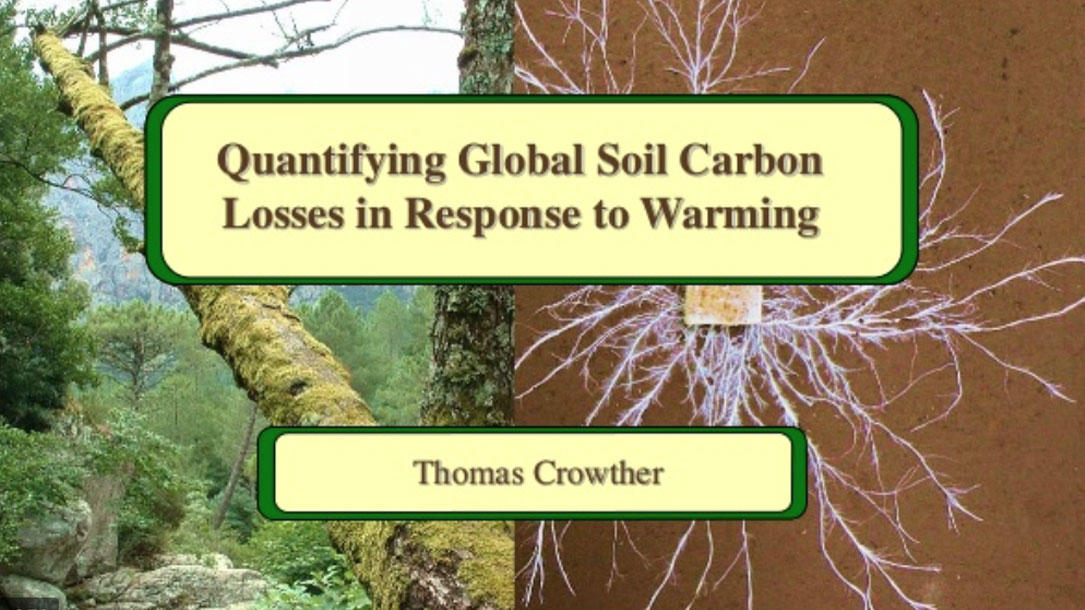
Quantifying global soil carbon losses in response to warming
“The majority of the Earth’s terrestrial carbon is stored in the soil. If anthropogenic warming stimulates the loss of this carbon to the atmosphere, it could drive further planetary warming. Despite evidence that warming enhances carbon fluxes to and from the soil, the net global balance between these responses remains uncertain. Here we present a comprehensive analysis of warming-induced changes in soil carbon stocks by assembling data from 49 field experiments located across North America, Europe and Asia. We find that the effects of warming are contingent on the size of the initial soil carbon stock, with considerable losses occurring in high-latitude areas…”
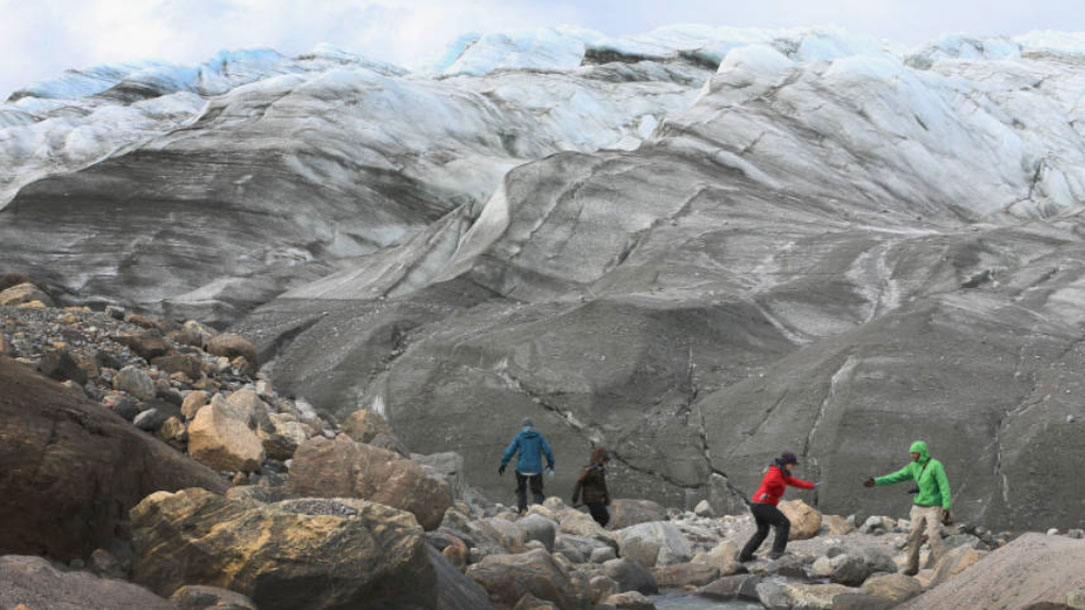
What’s Eating Away at the Greenland Ice Sheet?
“In the high-stakes race against sea level rise, understanding what’s causing the Greenland Ice Sheet to melt is critical. The problem isn’t just rising temperatures: soot from ships, wildfires and distant power plants, as well as dust and a living carpet of microbes on the surface of the ice, are all speeding up the melting.
Right now, predictions for sea level rise range from about 1 to 10 feet by 2100—a wide difference for coastal communities trying to plan seawalls and other protective measures…”
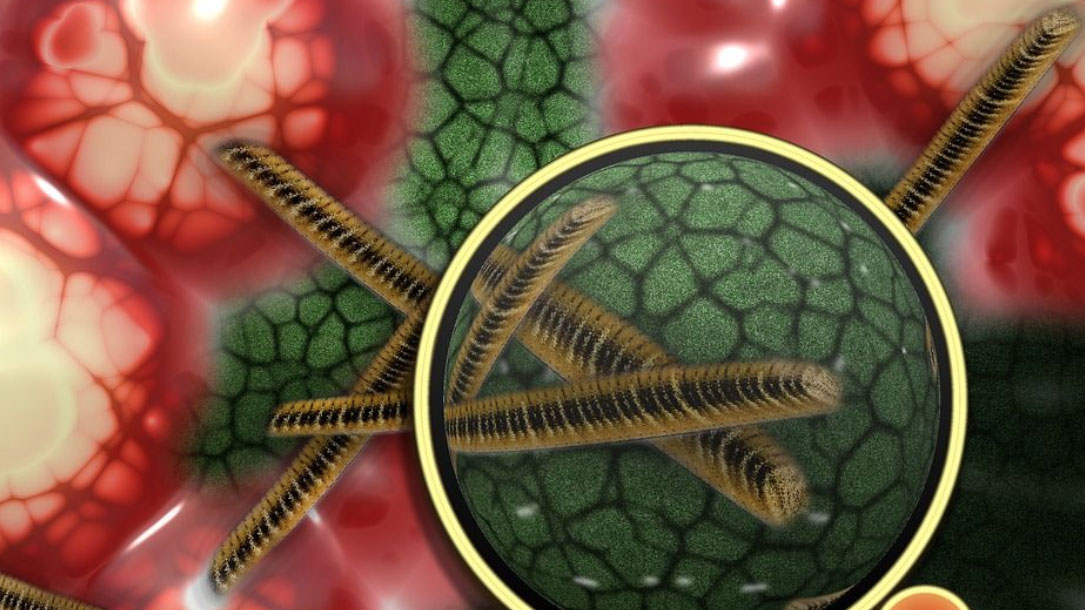
Global warming pushes microbes into damaging climate feedback loops
“[G]lobal warming is supercharging some microbial cycles on a scale big enough to trigger damaging climate feedback loops, research is showing. Bacteria are feasting on more organic material and producing extra carbon dioxide as the planet warms. In the Arctic, a spreading carpet of algae is soaking up more of the sun’s summer rays, speeding melting of the ice.
Deadly pathogenic microbes are also spreading poleward and upward in elevation, killing people, cattle, and crops…
Research has shown that accelerated microbial activity in soils will significantly increase carbon emissions by 2050. In another study, global warming favors fungi that quickly break down dead wood and leaves and release CO2 to the atmosphere.
Other warning signs from the microbial world include spreading crop diseases that threaten food security, microbial parasites that threaten freshwater fish, as well as the fungal epidemic wiping out amphibians world wide…
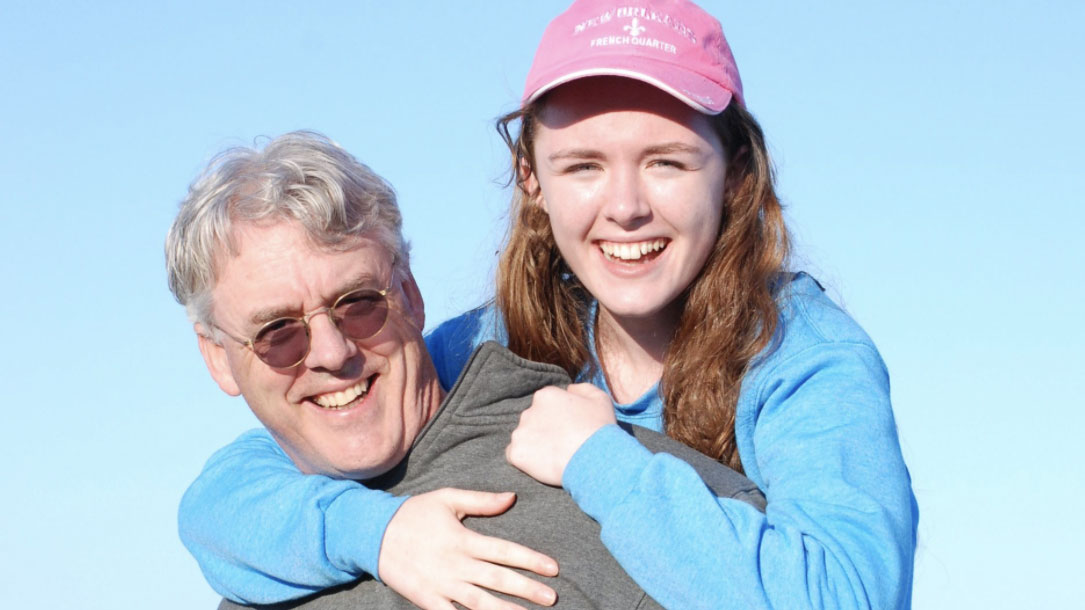
Children Change Their Parents’ Minds about Climate Change
Postulating that pupils might be ideal influencers, researchers decided to test how 10 to 14–year-olds’ exposure to climate change coursework might affect not only the youngsters’ views, but those of their parents. The proposed pass-through effect turned out to be true: teaching a child about the warming climate often raised concerns among parents about the issue.
Fathers and conservative parents showed the biggest changes in attitudes, and daughters were more effective than sons in shifting their parents’ views. The results suggest that conversations between generations may be effective starting points in combating the effects of a warming environment.

Top GOP Pollster Finds Overwhelming Support for Carbon Tax by Millennial Republicans
“This is the first time we’ve polled a climate plan that has real positive appeal across Republicans and Democrats.”
A new survey finds Republicans under 40 support a carbon tax 7-to-1. And a remarkable 85% of Republican millennials are concerned that “the current Republican position on climate change is hurting the party with younger voters.”
But what makes this result so striking is that the survey was conducted by Frank Luntz, a top GOP strategist and pollster. Luntz wrote an infamous memo in 2002 detailing the exact words conservatives should use if they want to sound like they care about climate change without actually doing anything about it.
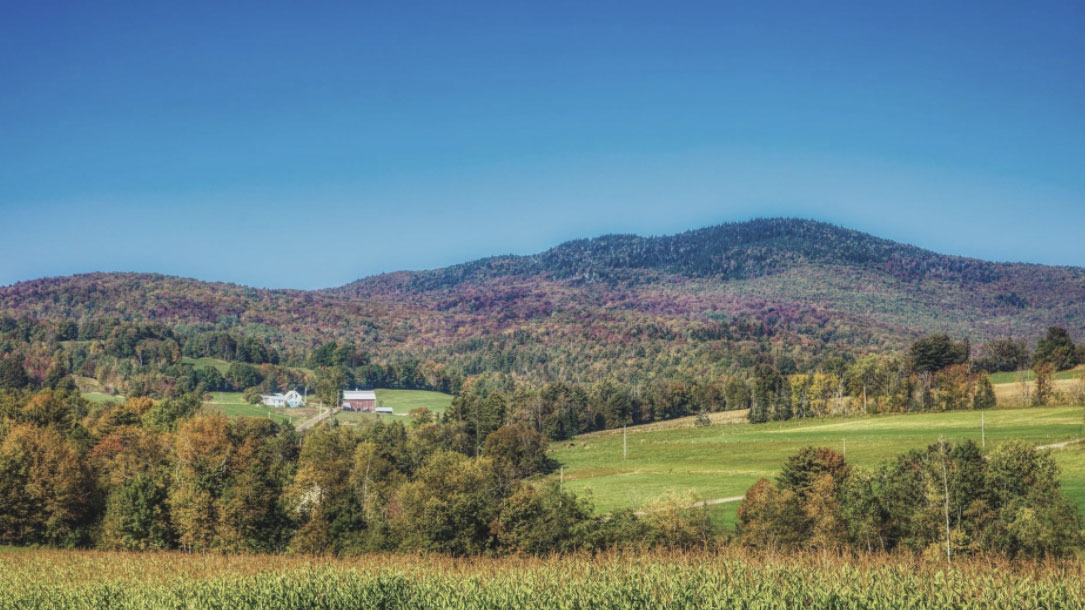
Older Forests Resist Change—Climate Change, That Is
Older forests in eastern North America are less vulnerable to climate change than younger forests—particularly for carbon storage, timber production, and biodiversity—new research from University of Vermont finds.
The study, to be published in Global Change Biology‘s June 12th edition, analyzes how climate change is expected to impact forests across the eastern United States and Canada. It finds that increased forest age reduces the climate sensitivity of forest carbon, timber, and biodiversity to projected increases in temperature and precipitation. In other words, increased age helps to safeguard forests from climate change.
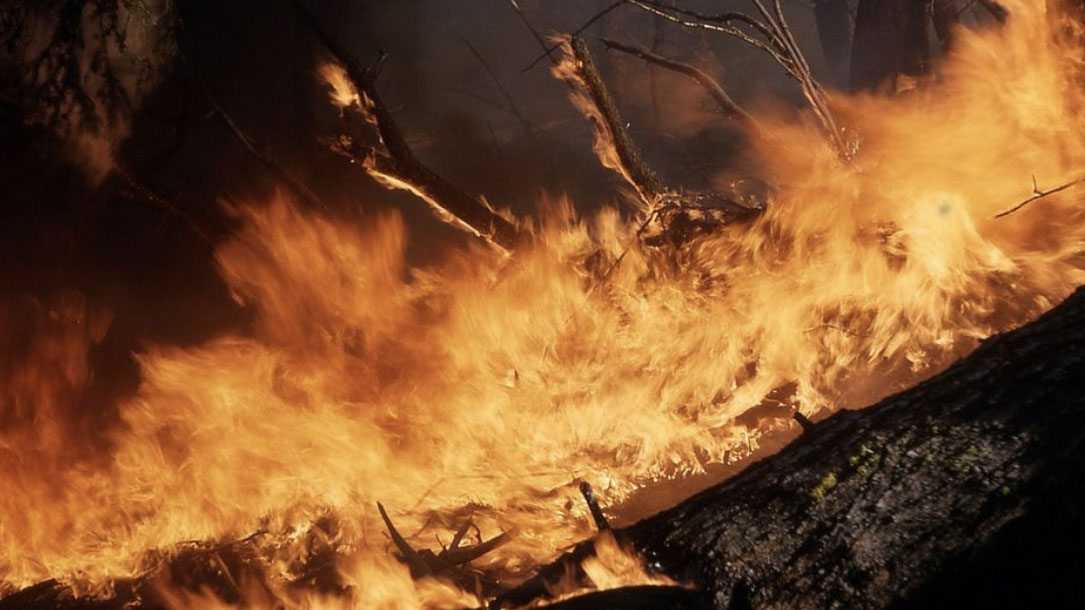
Western Rangelands Threatened by Intensifying Wildfires
Once rare, fires that are large, hot, and destructive are now common in the Great Basin—a 200,000-square mile region of mountains and valleys that includes all of Nevada and much of Utah, as well as parts of California, Idaho, and Oregon. But despite the rising fire risk, a general lack of attention is putting the rangeland in growing danger.
“The fire problem ‘risks permanent loss’ of the ecosystem,” explains Jolie Pollet, a fire ecologist and the Bureau of Land Management’s division chief for fire planning and fuels management.
“This is a genuine crisis,” she says. “And it demands greater urgency and attention than it is currently getting…”












